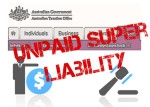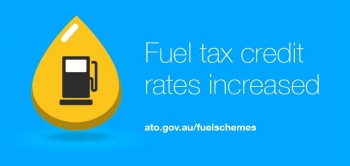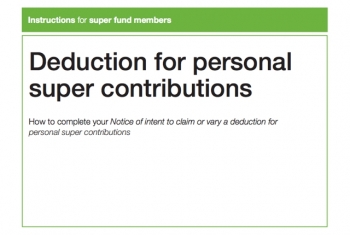If you operate your business from home, you may be able to claim some of the costs in doing this:
• if you work from home occasionally and your place of business is somewhere else (for example, a tradie who does most of his work on clients’ premises)
• have an area of your home set aside that is only used for your business (for example, a naturopath who has converted her garage to a reception area and consulting rooms).
You may be able to claim tax deductions for:
• a proportion of the cost of your electricity, gas and phone use
• purchase of office furniture and equipment.
You may also be able to claim a percentage of expenses like rent or mortgage interest, rates and insurance. To be eligible, the area where you conduct your business must be:
• used exclusively for business purposes
• be clearly identifiable as a place of business, and
• not be easily adapted for private purposes.
If you are unsure of what you may be entitled to claim, speak to one of ...
2015-03-30









